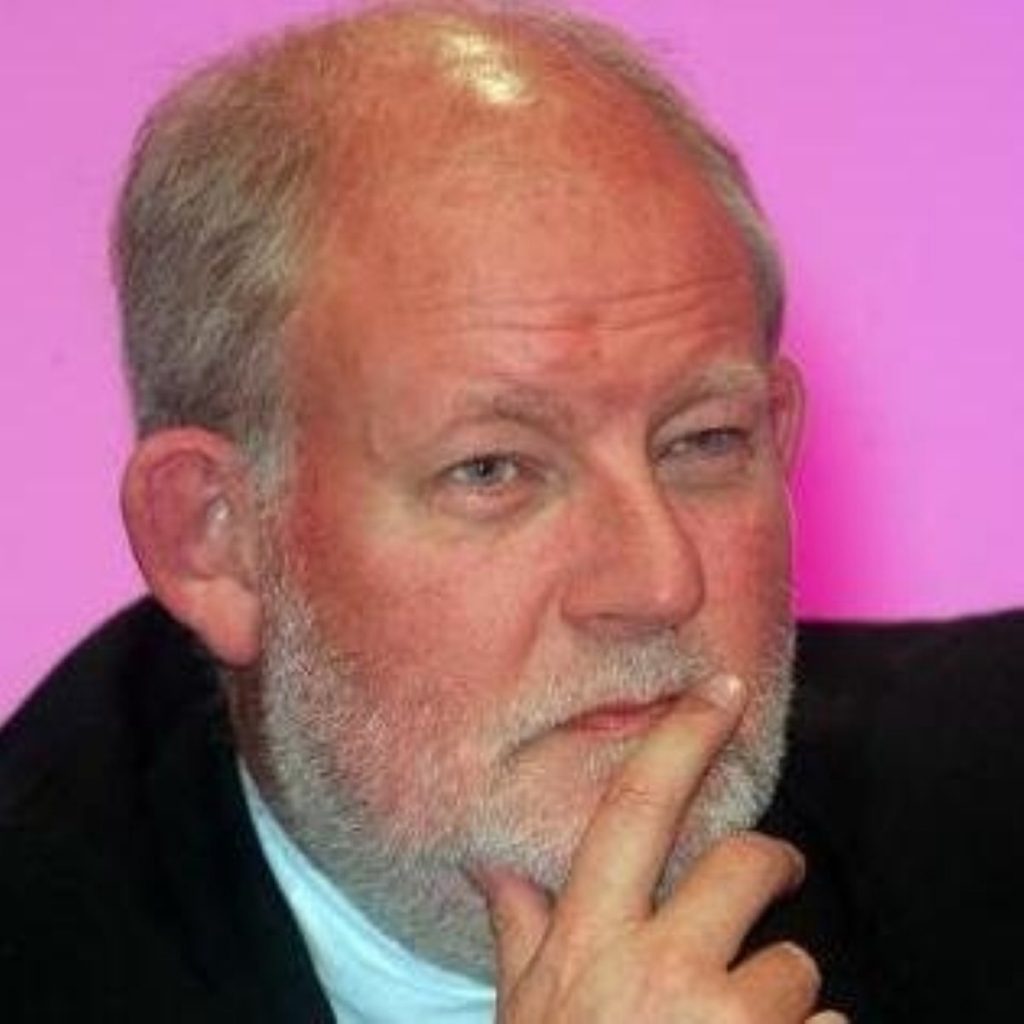Clarke: Labour must review policies, not leaders
Labour must not fall apart over the question of when Tony Blair steps down, Charles Clarke has warned.
The former home secretary, who was sacked by the prime minister in May’s cabinet reshuffle, said the main challenge facing the party was where it goes from now.
“Leadership is not only about personality and style, important though those are. It is about policies, politics and a sense of purpose,” he wrote in the New Statesman.
But his comments come as former defence minister Don Touhig, an ally of Gordon Brown who was also sacked in May, warned that speculation about Mr Blair’s future was “bleeding the Labour party at his heart”.


“We need to resolve this leadership issue sooner rather than later.with the best will in the world, once you announce your sell by date as prime minister, power seeps away,” he told epolitix.com.
Mr Touhig is the latest senior Labour figure to question Mr Blair’s policy of refusing to say when he will step down – something that is likely to be a focus of next month’s annual party conference.
Culture secretary Tessa Jowell, a close ally of the prime minister, admitted at the weekend that that this issue had “undoubtedly [created] a sense of uncertainty”, but insisted that it was “by no means the overriding issue in the Labour party”.
Following his departure from the cabinet, Mr Clarke expressed doubts about whether Mr Blair could continue to lead the Labour party, although he has previously said he believed the prime minister should quit in 2008.
But today he warned: “Labour needs to face its demons, not through the proxies of leadership and deputy leadership contests, real or imagined, imminent or far-off, but by looking seriously at the direction in which the party is travelling.”
He criticised Mr Blair and Mr Brown for attempting to impose policy on the Labour party, citing the issues of nuclear energy – which the prime minister told the CBI was “back on the agenda with a vengeance” – and Trident, which the chancellor has backed.
“Major policy issues, such as the place of nuclear energy in the drive to energy sustainability and the value to our overall security strategy of replacing Trident, need serious consideration,” Mr Clarke wrote.
“They cannot simply be dealt with as an aside at the CBI’s annual dinner or a half-sentence at the Guildhall.
“The country as a whole needs to understand the context and the options before such commitments are made that can otherwise seem to be delivered from on high without proper engagement by parliament and the country.”
He added that reform “cannot be done simply by a newspaper editorial or speech, a white paper or a new law, necessary though these may be”.
“It requires the right structures, the right culture, an approach of partnership with employees and stakeholders, and a commitment to engage fully with the inevitable controversy,” the former home secretary wrote.












